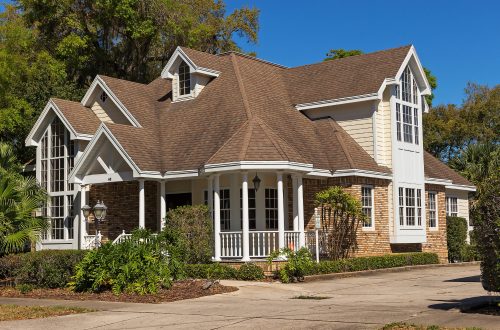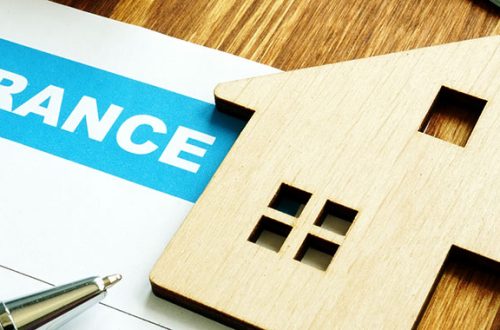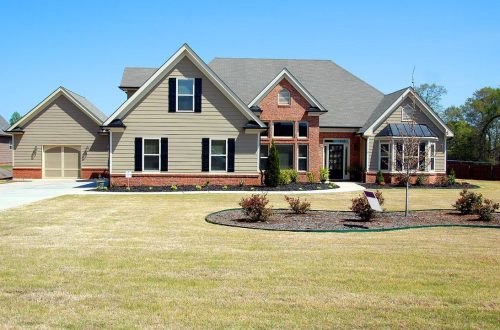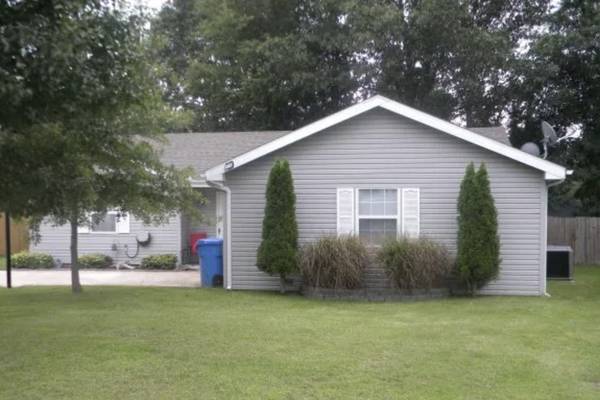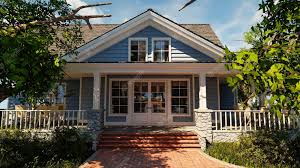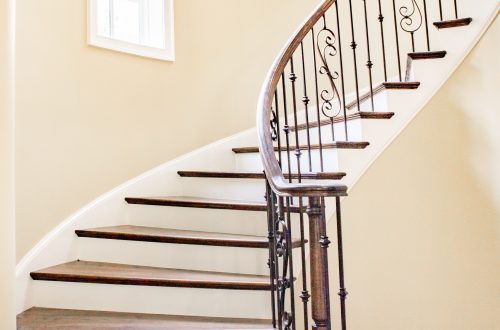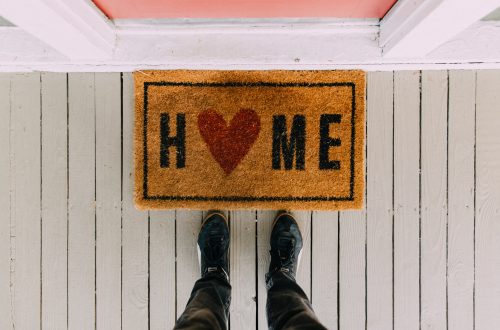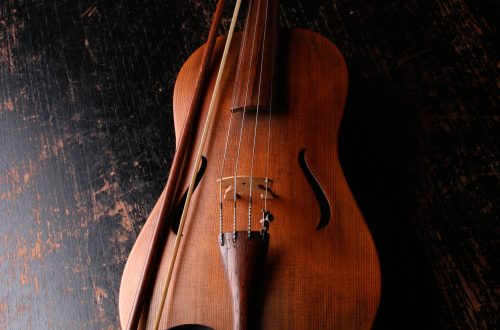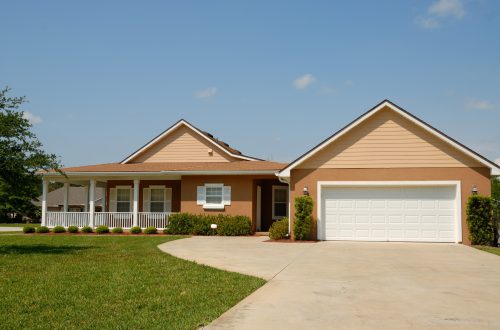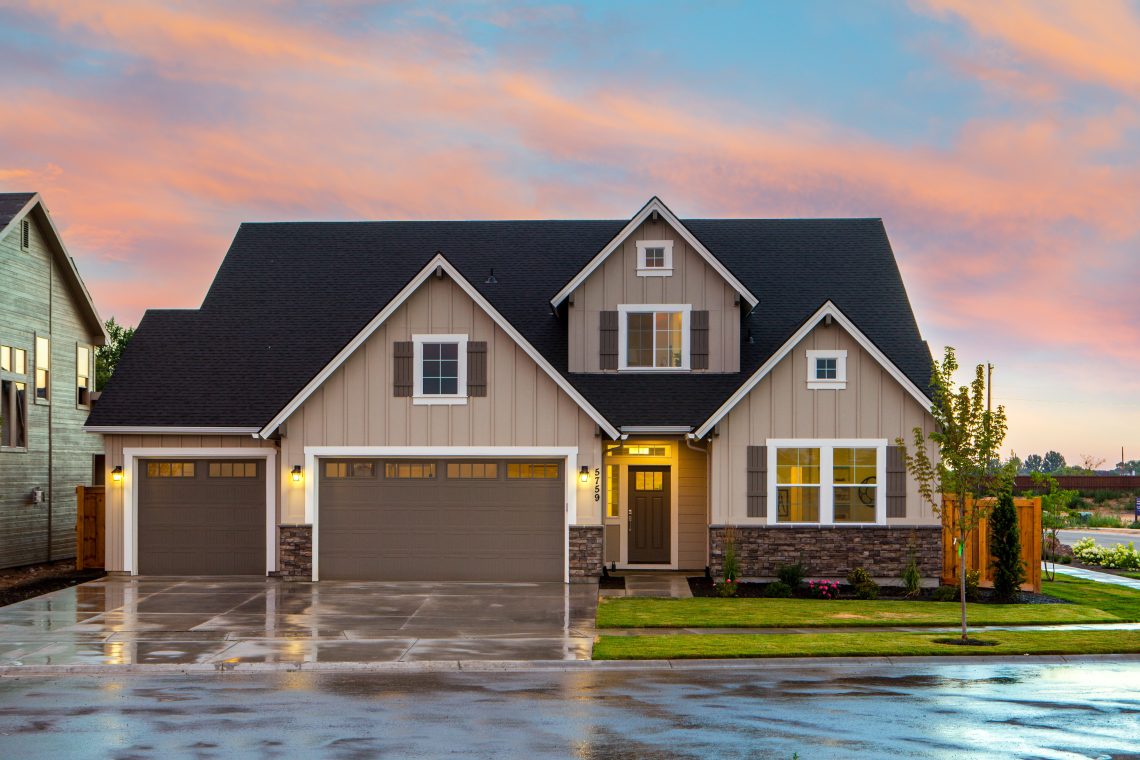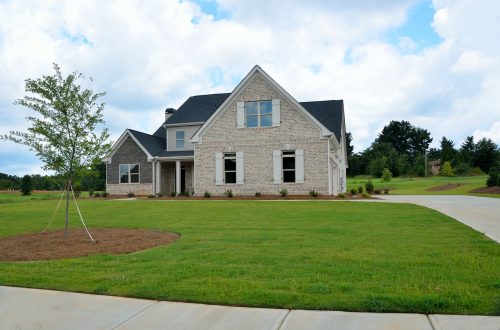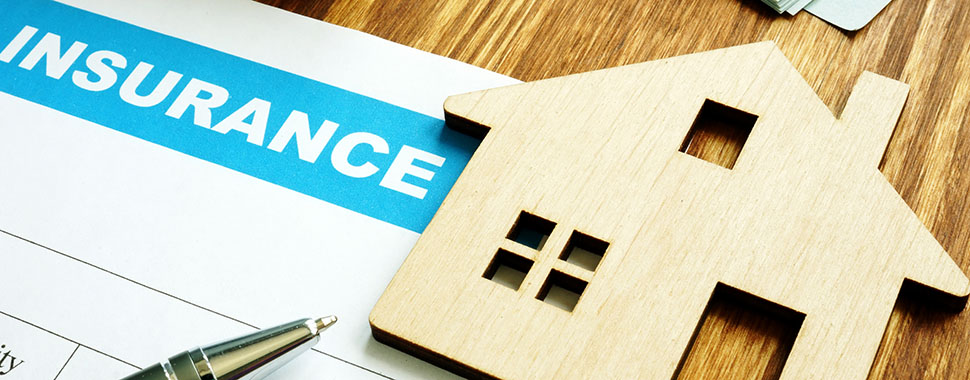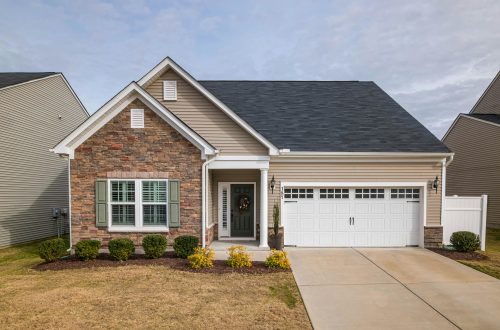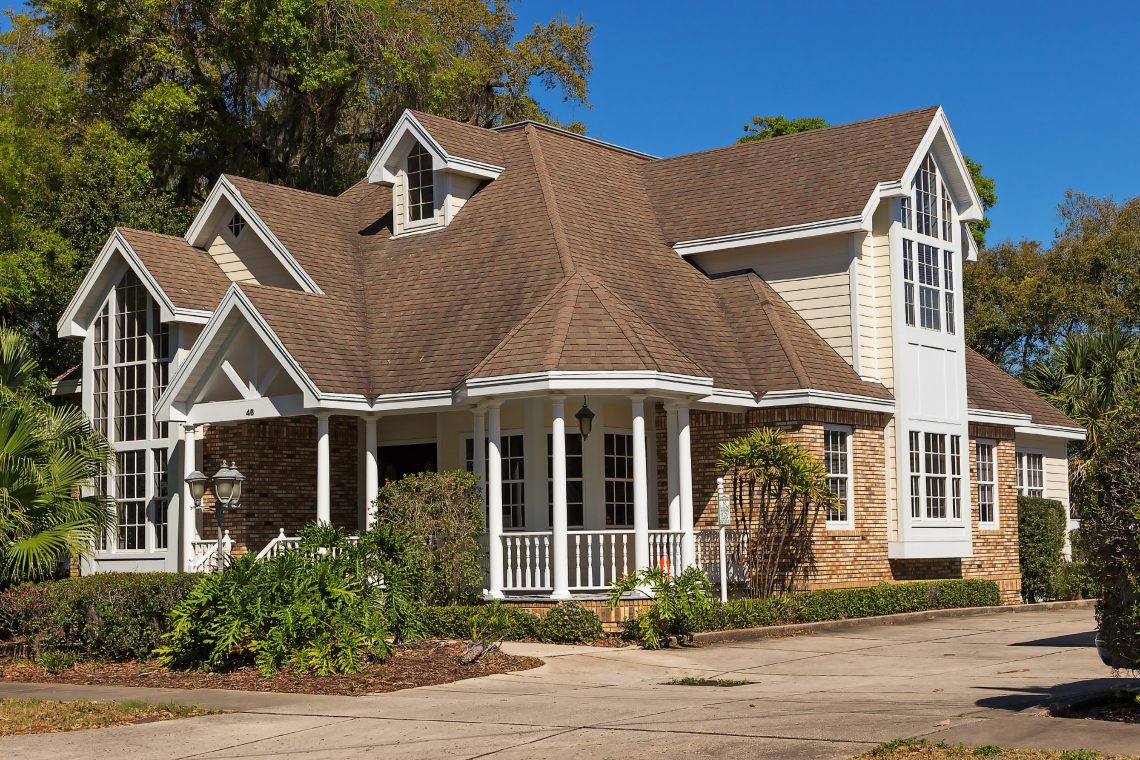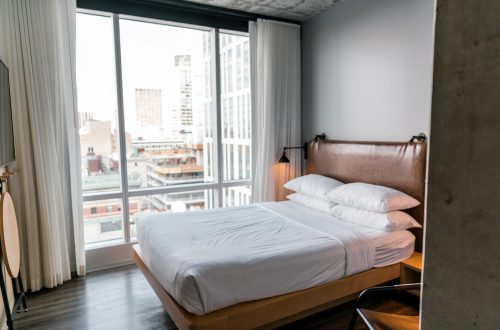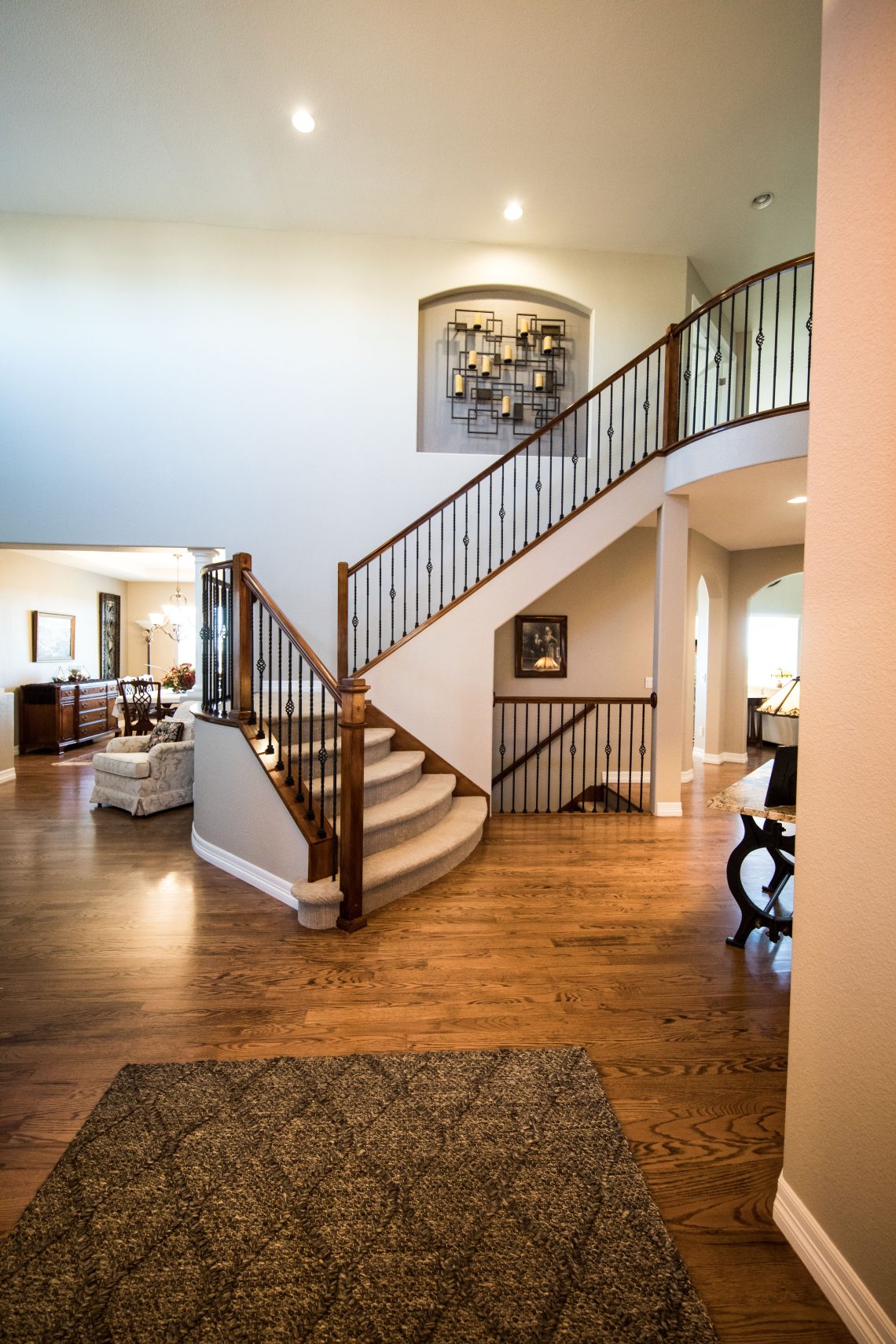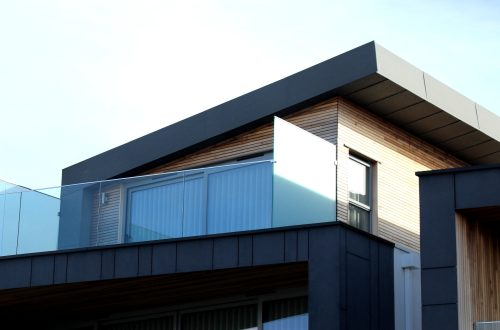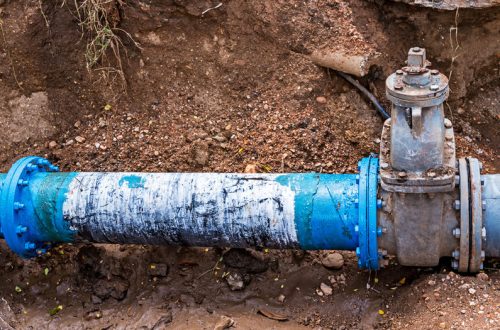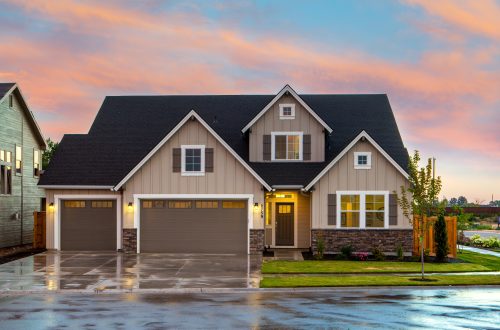-
Save money when you bundle homeowners insurance with your car insurance policy
Bundling homeowners insurance with car insurance is a savvy financial move that offers numerous benefits to policyholders. This strategy involves purchasing both types of insurance from the same provider, often resulting in significant savings and added convenience. Understanding the importance of this bundling approach can help individuals make informed decisions about their insurance needs. One of the primary advantages of bundling home and auto insurance is the potential for substantial cost savings. Insurance companies frequently offer discounts to customers who purchase multiple policies from them. By bundling, policyholders can enjoy lower premiums on both their homeowners and auto insurance policies, ultimately reducing their overall insurance expenses. These savings can add…
-
Does homeowners insurance cover earthquake damage?
In many standard homeowner’s insurance policies, earthquake damage is not covered. Earthquakes are considered a separate peril, and coverage for earthquake damage typically requires the purchase of a separate earthquake insurance policy or endorsement. If you live in an area prone to earthquakes, it’s essential to check with your insurance provider to understand your coverage options. Here are the common scenarios that you need to know: Standard Homeowner’s Insurance: Typically, standard homeowner’s insurance policies do not cover earthquake damage. If an earthquake occurs, any damage to your home, personal belongings, or additional structures on your property would not be covered under a standard policy. Earthquake Insurance: To obtain coverage for…
-
Smart Strategies: Avoid Overpaying for Homeowners Insurance
As a homeowner, it’s crucial to understand the ins and outs of homeowners insurance to ensure that you’re adequately protected without overpaying for coverage. In this guide, I’ll take you through the essential aspects of homeowners insurance, factors that influence rates, common misconceptions, tips for saving in Bend, Oregon, choosing the right coverage for your home in Central Oregon, comparing quotes, finding the best providers, understanding the claims process, and exploring discounts and incentives. By the end of this article, you’ll be equipped with the knowledge to make informed decisions and secure the best homeowners insurance for your needs. Understanding Homeowners Insurance Homeowners insurance provides financial protection against damage to…
-
Why Homeowners Insurance is a Must-Have for Manufactured Homeowners: Protecting Your Investment
As a homeowner, one of the most important investments you can make is purchasing homeowners insurance. This type of insurance provides financial protection in the event of damage to your home or personal belongings. For manufactured homeowners, it is especially crucial to have homeowners insurance due to the unique risks and hazards associated with these types of homes. Manufactured homes, also known as mobile homes, have specific insurance needs that differ from traditional homes. Understanding the coverage options and factors to consider when choosing homeowners-insurance for manufactured Oregon homes is essential for protecting your investment. The Importance of Homeowners-Insurance for Manufactured Homeowners Manufactured homeowners face a range of risks and…
-
What is the 80% rule in homeowners insurance
When it comes to protecting our most valuable asset – our home – homeowners insurance is an essential tool. It provides financial coverage in case of damage or loss caused by unforeseen events such as fire, theft, or natural disasters. But understanding the intricacies of homeowners insurance can be overwhelming. In this comprehensive guide, we will delve into the 80% rule, a crucial aspect of homeowners insurance that every homeowner needs to comprehend. What is the 80% Rule in Homeowners Insurance? The 80% rule is a concept that determines the minimum amount of insurance coverage a homeowner should have relative to the value of their home. According to this rule,…
-
Everything You Need to Know: Unveiling the Extensive Coverage of Homeowners Insurance Policies
As a homeowner, protecting your investment is of paramount importance. One of the best ways to safeguard your home and belongings is by obtaining a comprehensive homeowners insurance policy. This insurance provides financial coverage for damages or losses that may occur to your property or possessions. In this article, we will delve into the various aspects of homeownersinsurance, including why it is essential, the different types of coverage offered, and how to choose the right policy for your needs. Why homeowners insurance is important Owning a home is a significant milestone, but it also comes with its fair share of risks. From natural disasters to theft and accidents, unforeseen events…
-
Is Homeowners Insurance Necessary for Condo Owners? Unveiling the Facts
As a condo owner, you may be wondering whether homeowners insurance is necessary for your specific needs. While condo insurance is often a requirement, understanding the difference between homeowners-insurance and condo insurance is essential in making an informed decision. In this article, we will delve into the importance of homeowners-insurance for condo owners, address common misconceptions, explore the coverage provided, and provide tips for finding the best homeowners insurance for your condo in Bend, Oregon. Understanding the difference between homeowners insurance and condo insurance Before we delve deeper, let’s clarify the difference between homeowners insurance and condo insurance. This insurance typically covers both the structure of a home and the…
-
Secure Your Home with Bend Oregon Homeowners Insurance!
We all want to protect our home and family from any kind of harm. Homeowners insurance in Bend Oregon is a great way to do just that. It provides financial protection against losses due to natural disasters, theft, and other unexpected events. In this blog, we’ll take a look at the benefits of homeowners insurance in Bend Oregon, coverage options, tips for finding affordable homeowners insurance, special considerations for Central Oregon homeowners, what to look for when comparing policies, how to choose the right policy, and the insurance claims process in Bend Oregon. Introduction to Bend Oregon Homeowners Insurance Bend Oregon homeowners insurance is a type of insurance that covers…
-
What Is HOA Insurance?
HOA insurance is a type of commercial property insurance that is paid through the dues you pay your homeowners association (HOA). It covers physical damage to structures and common spaces managed by your HOA as well as certain liability expenses. What Is an HOA? An HOA is a membership organization that operates for the benefit of a community, where residents pay dues in exchange for certain services. Run by a board of directors elected by residents in the community, the HOA ensures that common areas are maintained and enforces covenants that preserve the appearance of the community. Single-family home HOAs Single-family home HOAs aim to maintain an aesthetically pleasing look…
-
How Does Homeowners Insurance Work?
Homeowners insurance protects your investment in your property by helping pay for the cost of repairing or replacing your home if it’s damaged by a covered event, such as a windstorm or fire. Coverage also extends beyond your home, to your personal belongings. It can even pay medical and legal expenses in the event someone injures themselves on your property. The wide-ranging coverage homeowners insurance provides can be expensive. The average annual premium is $1,272, according to the National Association of Insurance Commissioners (NAIC). But if you consider the cost of rebuilding your home, the annual premium is a reasonable price to pay. And if you have a mortgage, your lender will…

